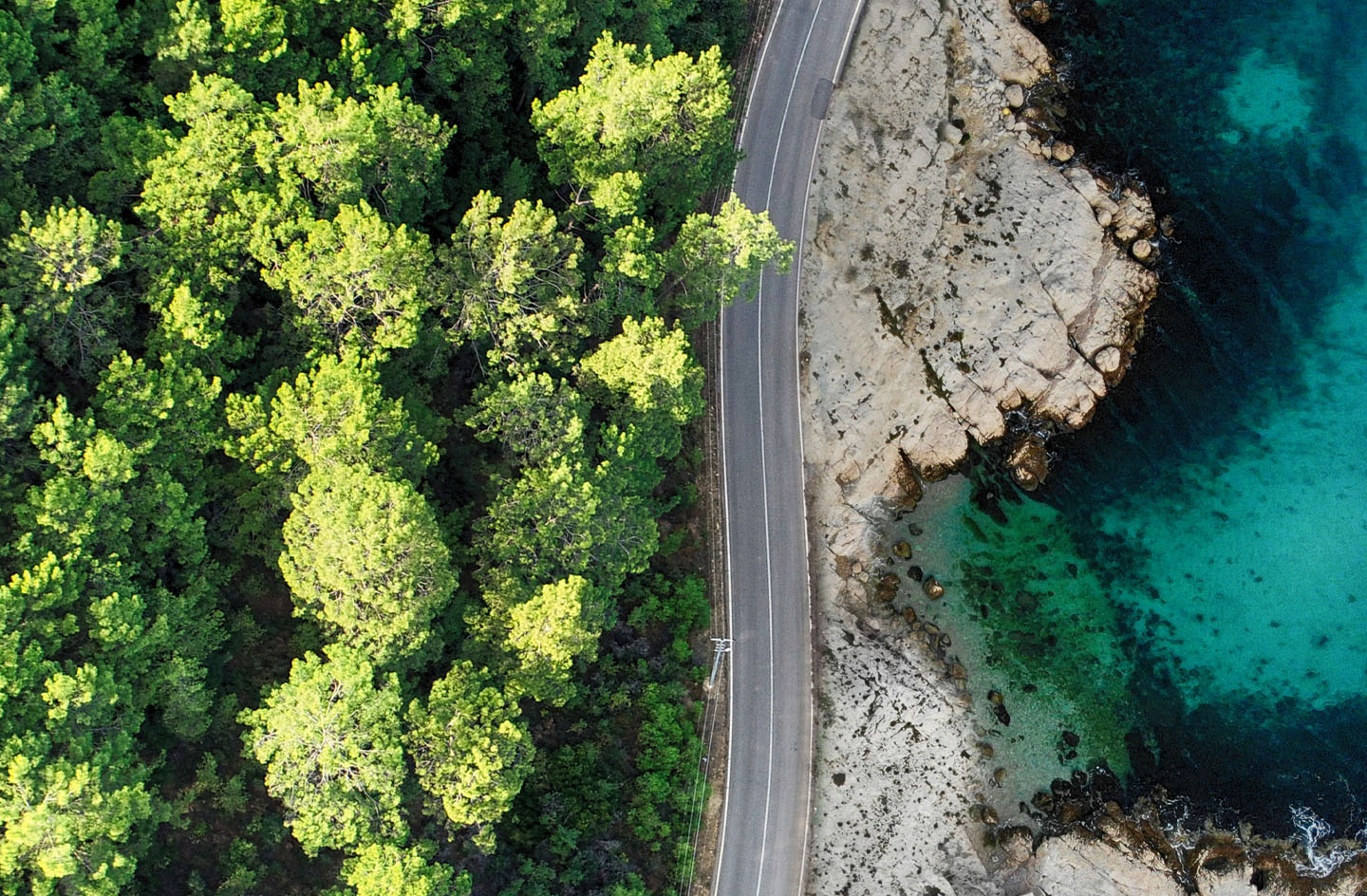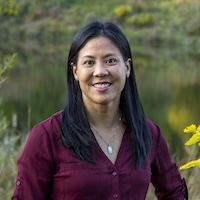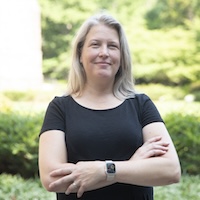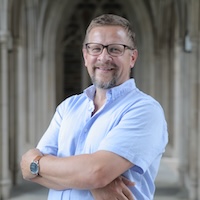Shaping the next generation of climate changemakers

Can every job be a “climate job?”
Duke’s Judy Ledlee says “yes.”
As a rising star in green tech and the executive director of a new entrepreneurial class called Design Climate, Ledlee is helping the next generation of Duke students think differently about how to unleash climate solutions for the world.
In her class, Ledlee brings together students from across the Pratt School of Engineering and the Nicholas School of the Environment to imagine themselves as visionary leaders for climate solutions—regardless of their career paths beyond Duke—and teaches them how to appeal to a wide variety of audiences.
“For example, helping to reduce greenhouse gases,” Ledlee says. “That’s not a burning, passionate human need that people are thinking about in their day-to-day lives. So how can we understand what people want to do in their daily lives in order to make products that address those needs and the climate crisis?”
Over the course of the semester with Ledlee, students learn principles of design thinking, an iterative strategy that involves listening to and observing clients to arrive at solutions that address their real, human needs. Ledlee developed partnerships with industry leaders who were willing to work with students on the projects, such as a solar plant distributor struggling with how to economically decommission plants coming to the end of their lives.
By bringing together students with varied perspectives and expertise and clients with specific needs, the class was able to deliver on new, innovative solutions.
“A lot of the equipment will just be thrown away,” Ledlee says. “Our students looked into the problem, talked to different stakeholders and came up with a waste management service that helped solar companies go through the decommissioning process in a more environmentally sustainable way.”
The ultimate hope of the class is that Duke students will leave with the tools to continue innovating solutions with creativity and compassion, regardless of the climate challenge.
“I expect to see my students pushing the boundaries no matter where they are,” Ledlee says.
Building Climate Fluency
Creating an environment in which every Duke student can become a climate changemaker takes intention. Just ask Emily Bernhardt, an ecologist and the James B. Duke Distinguished Professor of Biology, and Norman Wirzba, a theologian and the Gilbert T. Rowe Distinguished Professor of Christian Theology at Duke Divinity School.
Together, this unlikely pair created the inaugural undergraduate class at Duke called “Let’s Talk About Climate.” The goal? Give students the opportunity to learn about climate change from the vantage point of leaders in numerous fields of study, including business, health, the arts and more.
But the class isn’t just “how engineers deal with climate change or how doctors have to deliver health care under climate change,” Wirzba says, but rather “engineers talking with doctors and discerning together how each discipline may need to change in light of the other.”
The class is part of a larger university commitment to help every Duke student understand the complexities of climate change and to be part of the solutions on every stop they take on their own career journeys.
“What we would like to see is every student—whether they’re an undergraduate, a professional school student, a doctoral student, and even among our alumni—have climate fluency,” said Toddi Steelman, vice president and vice provost for climate and sustainability.
That kind of deep learning can really take off when there is a commitment to understanding climate change and its impacts from different vantage points—and learning from one another.
There is hope and power in the collective learning, Wirzba says.
“We need each other to challenge basic assumptions and goals. We need the inspiration that comes from being with people who think and live differently than we do,” he says, “If you try to face climate change alone, you will likely find yourself in a state of despair.”
Bernhardt agrees.
“The primary goal of this course is giving students hope and agency,” she says. “We are both enthusiastic about the opportunity to broaden the conversations across campus about climate change so that faculty and students from all disciplines are empowered to think about how their lives and work could help shape our climate future.”




